Understanding Bone Conduction Hearing Aids
Bone conduction hearing aids represent a significant evolution in auditory technology, offering a unique solution for individuals with conductive hearing loss or those who experience discomfort with traditional hearing aids. This technology utilizes the principle of vibration to transmit sound directly through the skull bone to the cochlea, bypassing the outer and middle ear. This approach makes them particularly useful for individuals who cannot wear standard hearing aids due to ear conditions.
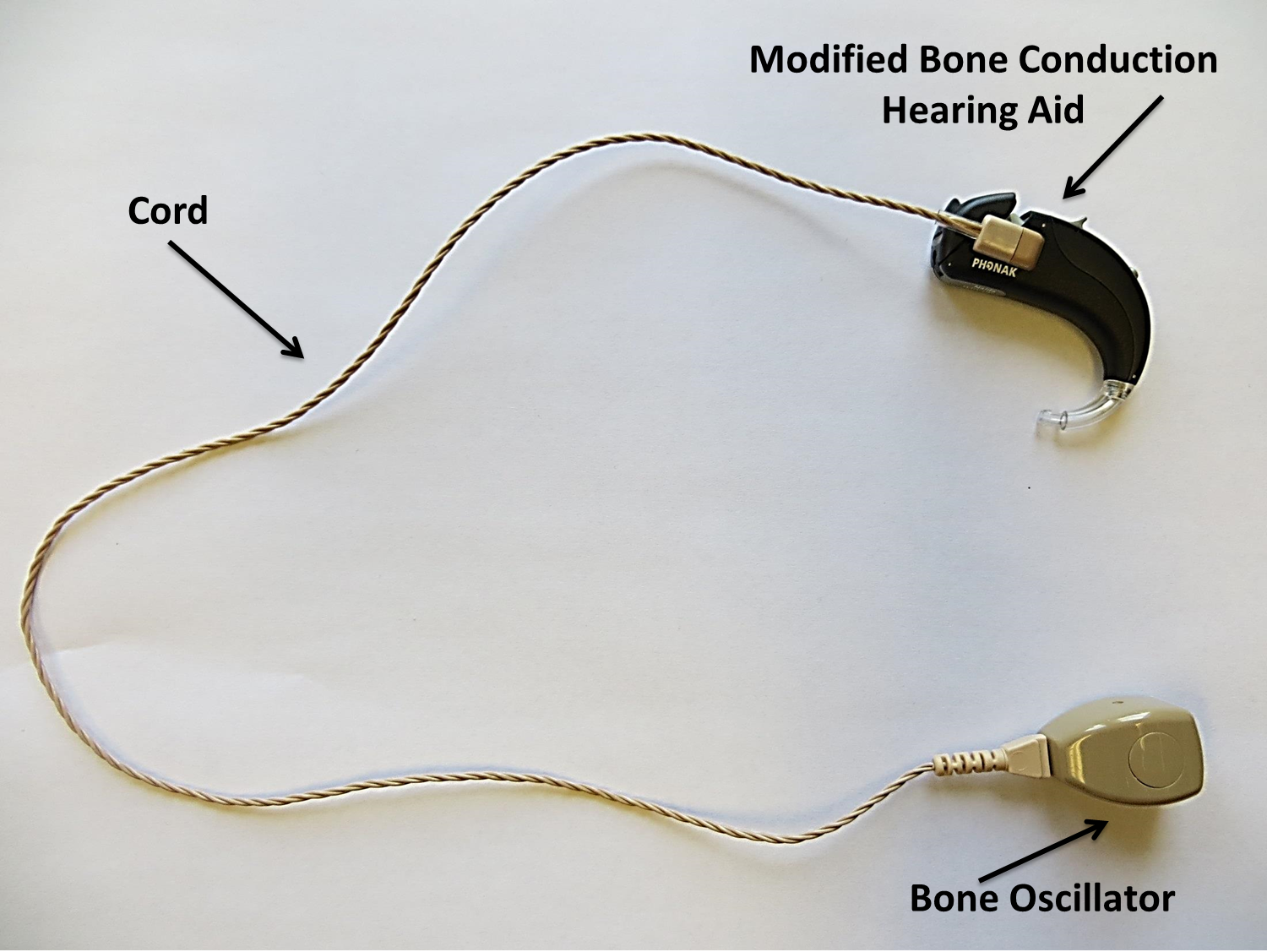
bone conduction hearing aid
The Science Behind Bone Conduction
At the core of bone conduction technology lies its ability to convert sound waves into vibrations. When the device is placed against the skull, it creates vibrations that travel through the bone to the inner ear. Studies have shown that this bypassing of the outer and middle auditory pathways can significantly benefit patients with issues like otosclerosis or chronic ear infections. Understanding the mechanism at play is essential to appreciate the growing popularity of these devices.
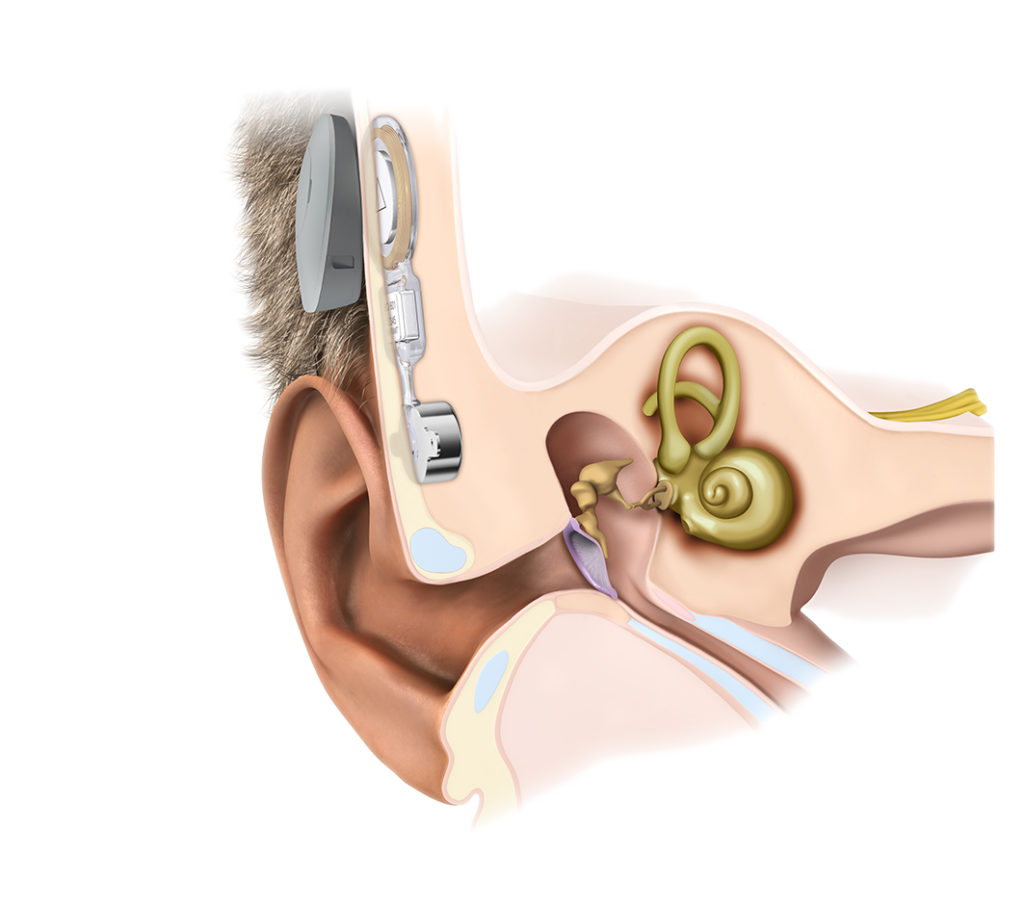
bone conduction hearing aid
Advantages of Bone Conduction Hearing Aids
Bone conduction hearing aids come with several advantages, such as comfort and ease of use. Many users report a more natural sound experience, as these devices do not alter how sound enters the ear canal. Moreover, for individuals who experience feedback issues with traditional hearing aids, bone conduction technology offers a streamlined alternative. As detailed by Consumer Reports, patients have found substantial satisfaction with their auditory experience.
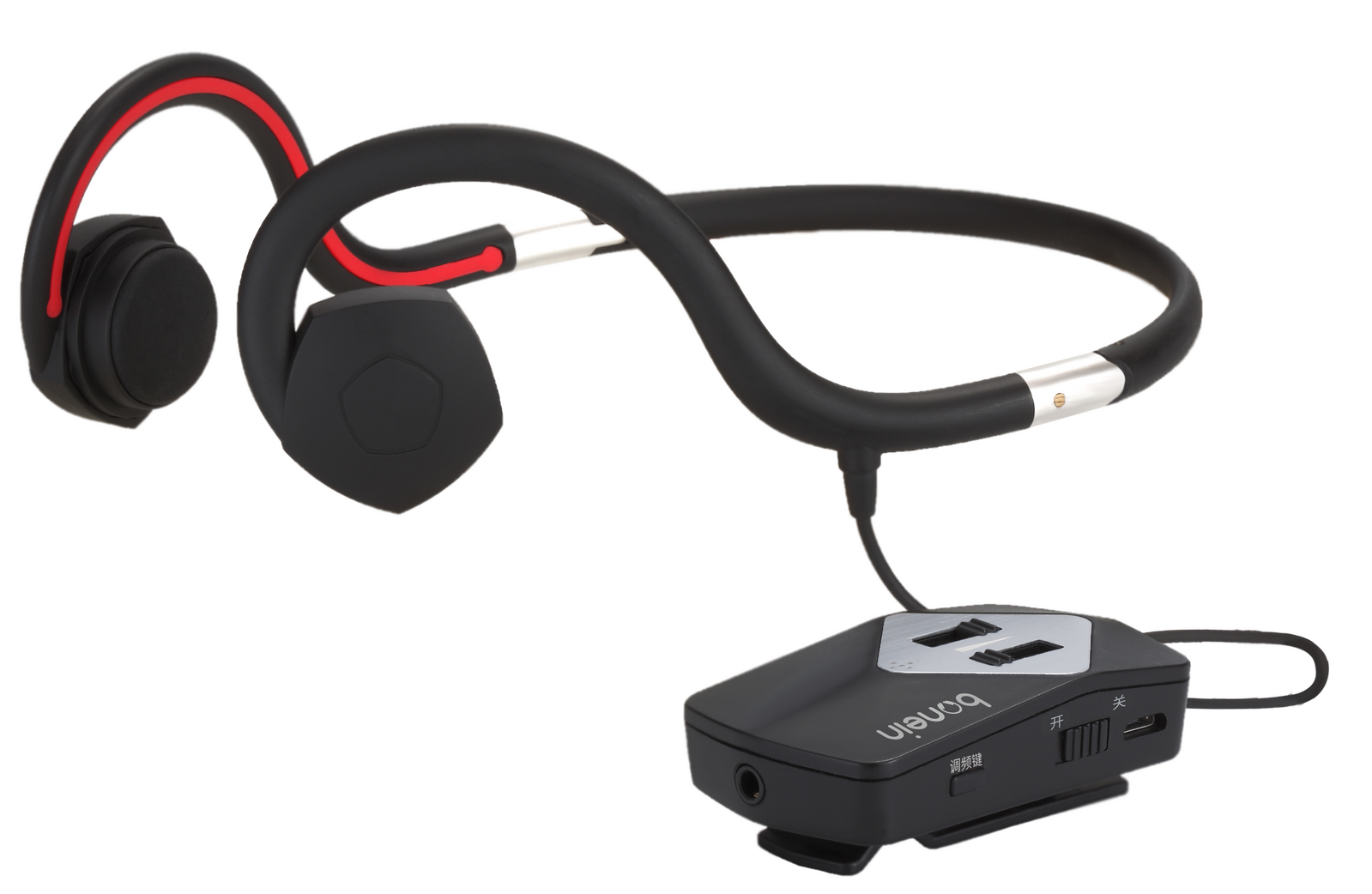
bone conduction hearing aid
Selecting the Right Bone Conduction Device
The selection process for a bone conduction hearing aid can be pivotal in enhancing auditory capabilities. It’s vital to consult an audiologist who specializes in hearing aids. They can provide tailored advice on which devices meet individual needs based on the type and severity of hearing loss. For a deeper understanding of how to approach this journey, explore the experiences of others navigating hearing aid selection.
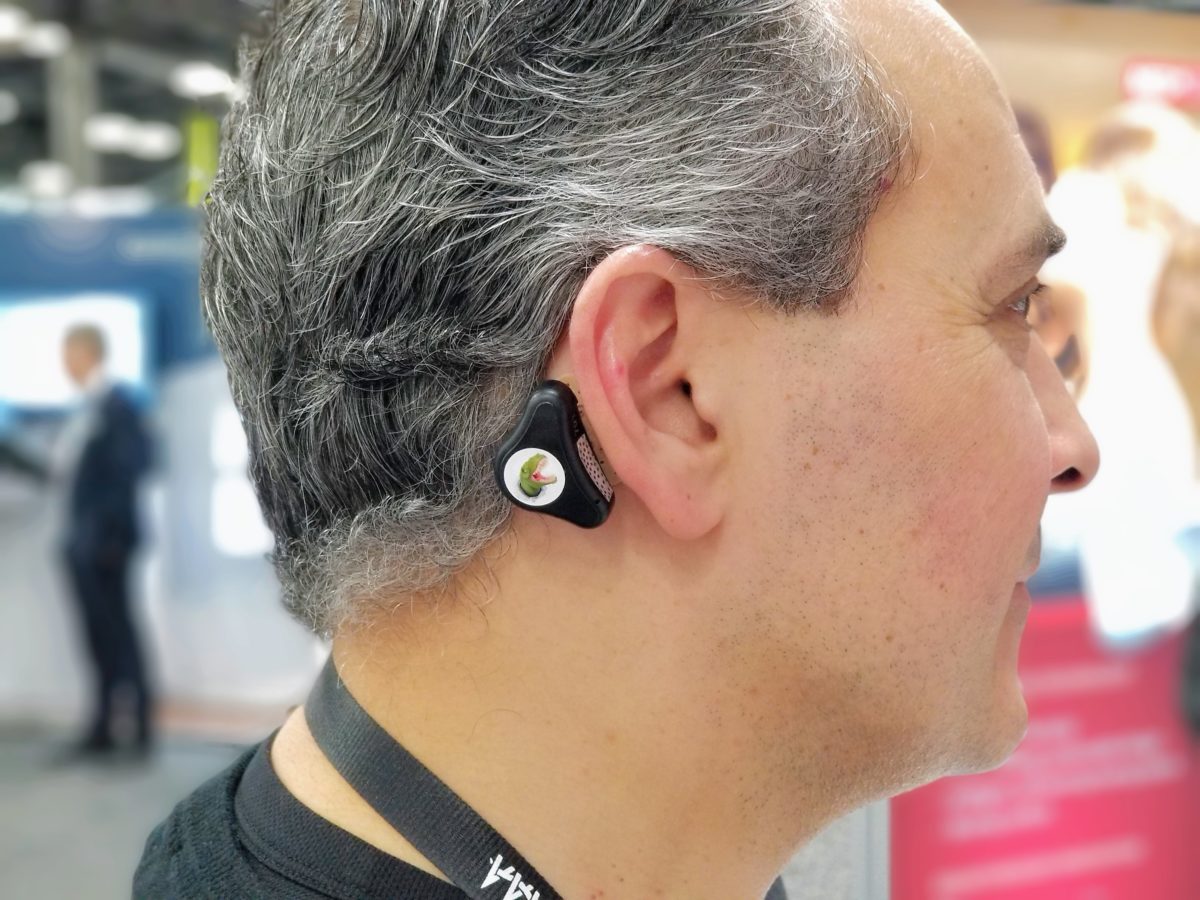
bone conduction hearing aid
FAQs About Bone Conduction Hearing Aids
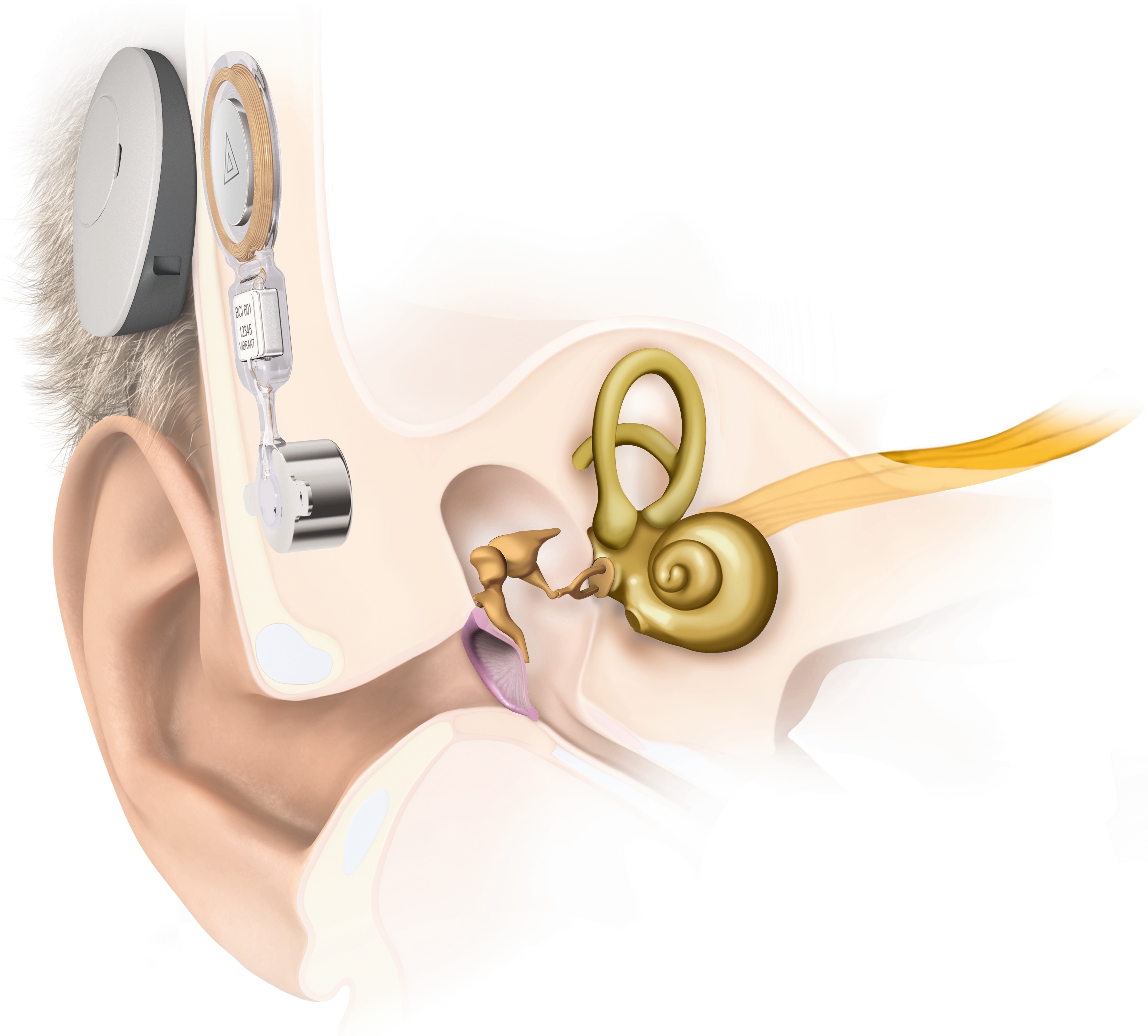
bone conduction hearing aid
1. What is the lifespan of a bone conduction hearing aid?
Most bone conduction devices have a lifespan similar to traditional hearing aids, typically ranging from 3 to 5 years.
2. Are bone conduction hearing aids suitable for everyone?
While they are an excellent option for many, they are not suitable for all types of hearing loss. Consultation with a hearing specialist is essential.
3. How effective are bone conduction devices compared to conventional hearing aids?